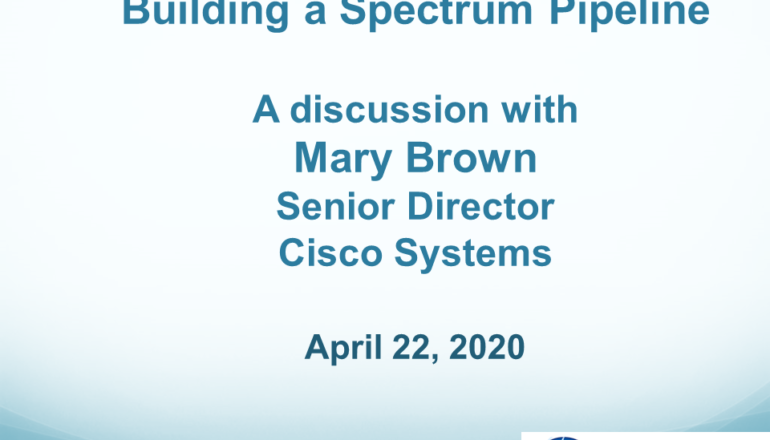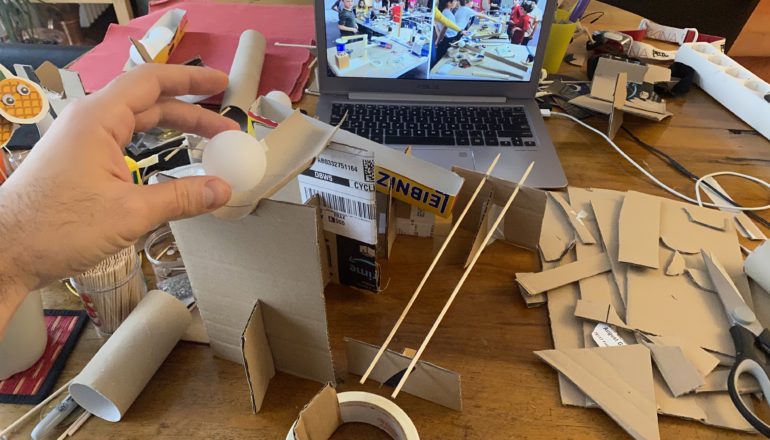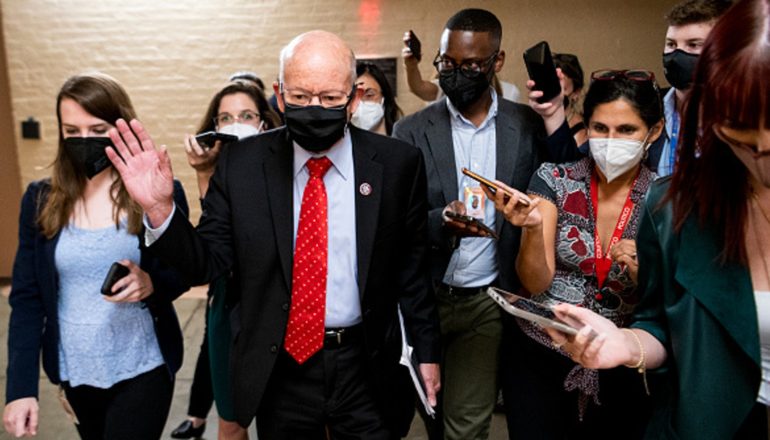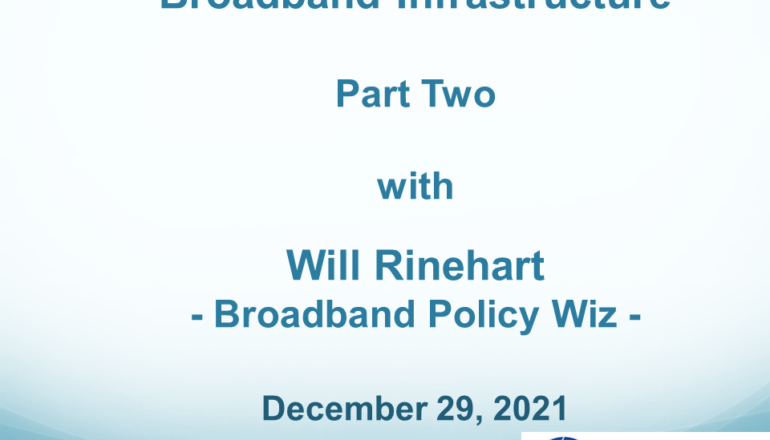Shane Tews on Filling the Spectrum Pipeline
Transferring spectrum from old to new users have proven to be much speedier and easier than imagined by PCAST and similar plans of 10 – 15 years ago. Getting governments and government agencies to cooperate is the harder problem.
Eric Schmidt’s Spectrum Agenda
The US needs to create a system that keeps spectrum licenses in circulation, like dollars in the economy. Every technical system that uses spectrum today will be obsolete some day.
Mary Brown on Building a Spectrum Pipeline
Evaluation of 20th century radio use cases against 21st century networking needs has to become an ongoing process until all of the spectrum allocations made by fiat are converted to more general uses.
The Cyberwar in Ukraine
Who would you bet on to win the game of cyberwar, the best minds in the world or a sad bunch of hacks whose highest professional aspiration is working for a madman?
Survive and Thrive After the 3G Sunset
If you have a car with built-in 3G and no upgrade path consider this is a lesson learned and rely on your smartphone for navigation and SOS.
The National Technology Innovation Administration
The only way through our 1,200 year drought is get better at managing and using water than we have been. While RF spectrum isn’t in a similar crisis yet, it’s wise to prepare for an eventuality where demand far outstrips supply. Spectrum, like water, is a finite resource at each point in time even if both are reusable.
FAA Controversy Sort of Gets a Hearing
It goes without saying that US regulatory performance on the 5G mid-band and aviation is well below the international standard. Dickson was a poor choice when the former president appointed him, and he hasn’t grown into the job. A balanced hearing would show this.
Radio Amateur Hour
The January 17th letter from FAA via A4A to the White House, the Transportation Secretary, the FCC, and itself exposes aviation’s cluelessness
Will Rinehart on Broadband Part Two
The economics of competition work very differently in markets with high fixed costs. These markets work better with a consumer welfare focus than with the competition focus.
Show Your Cards, FAA
Instead of playing this game of media leak-a-thon with secret studies and mystical data, the time has come for the FAA to come clean and show its cards.












